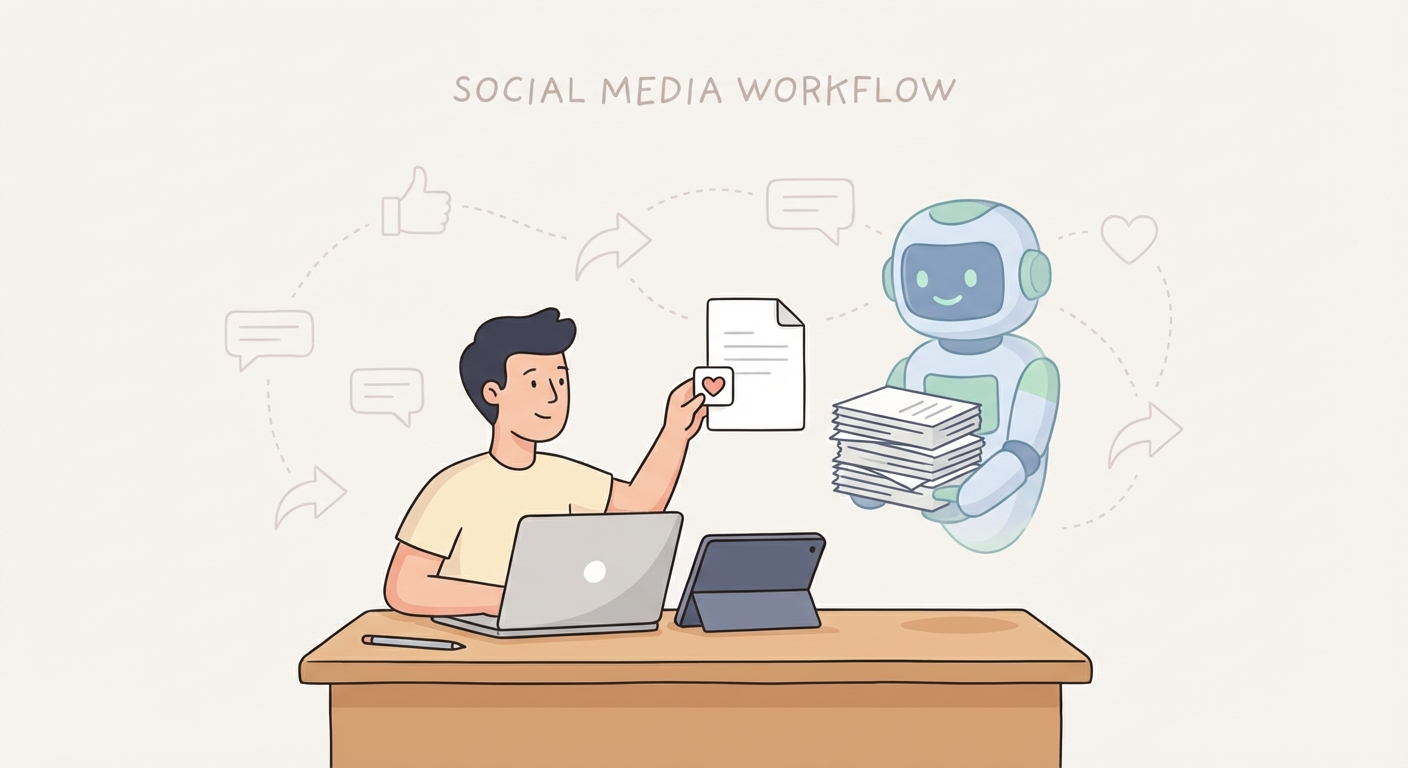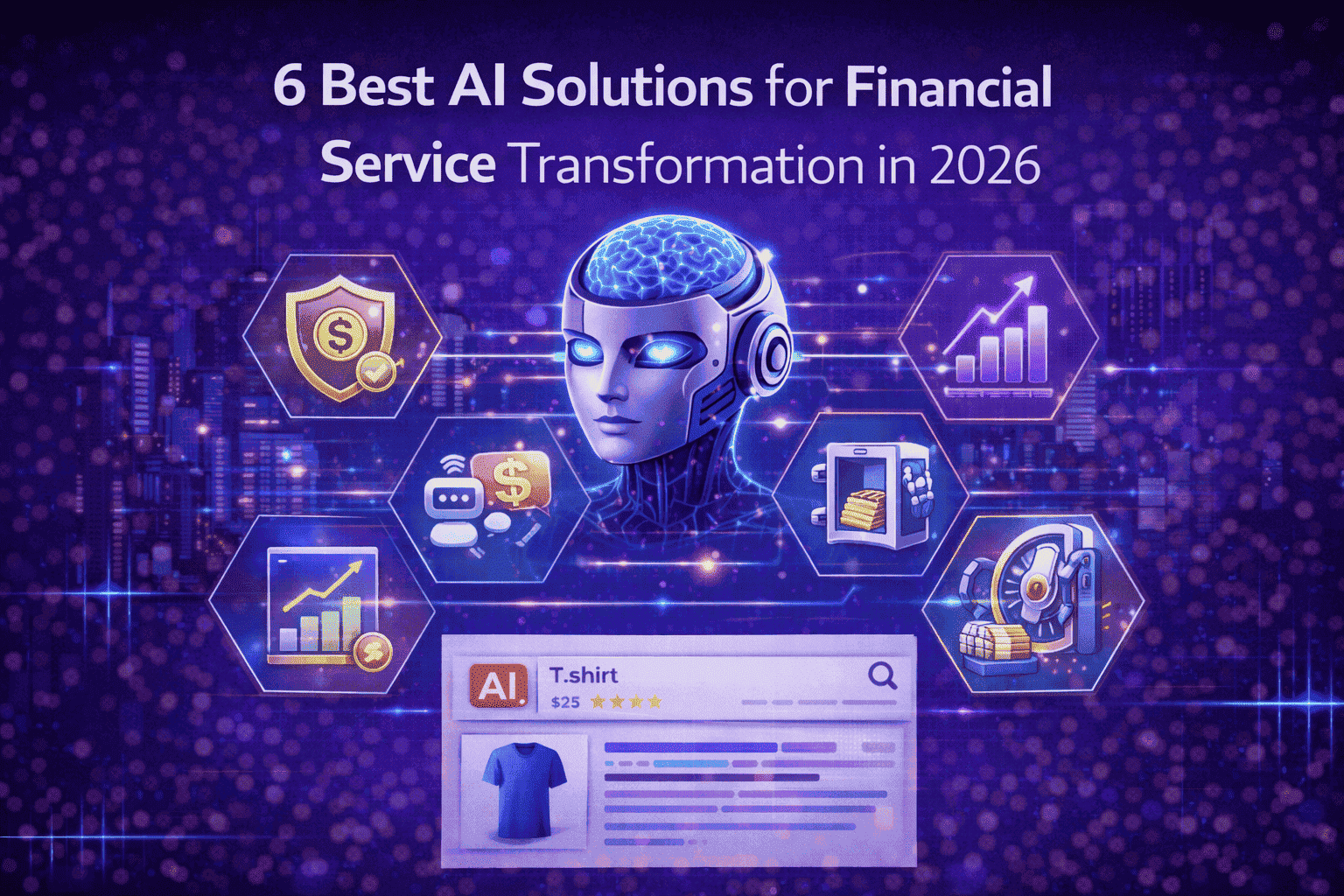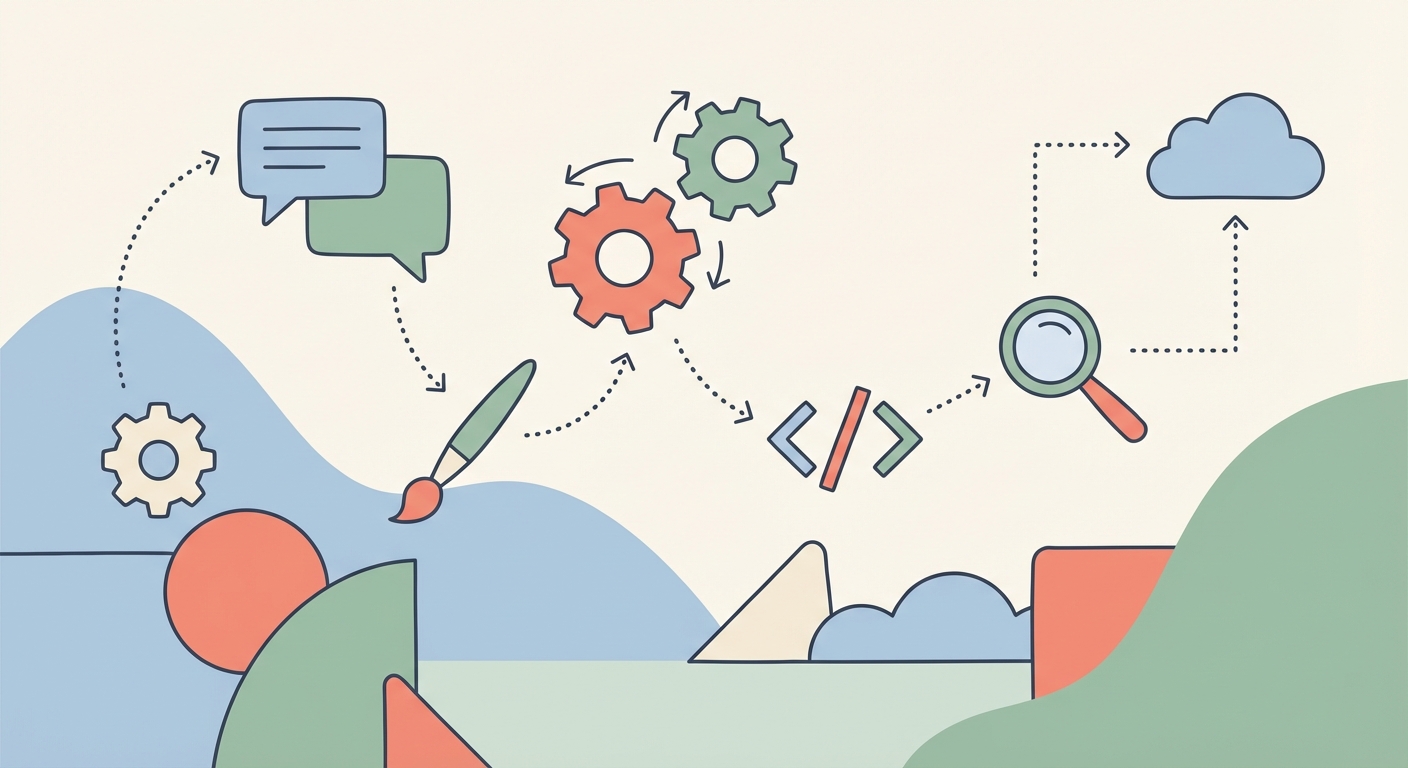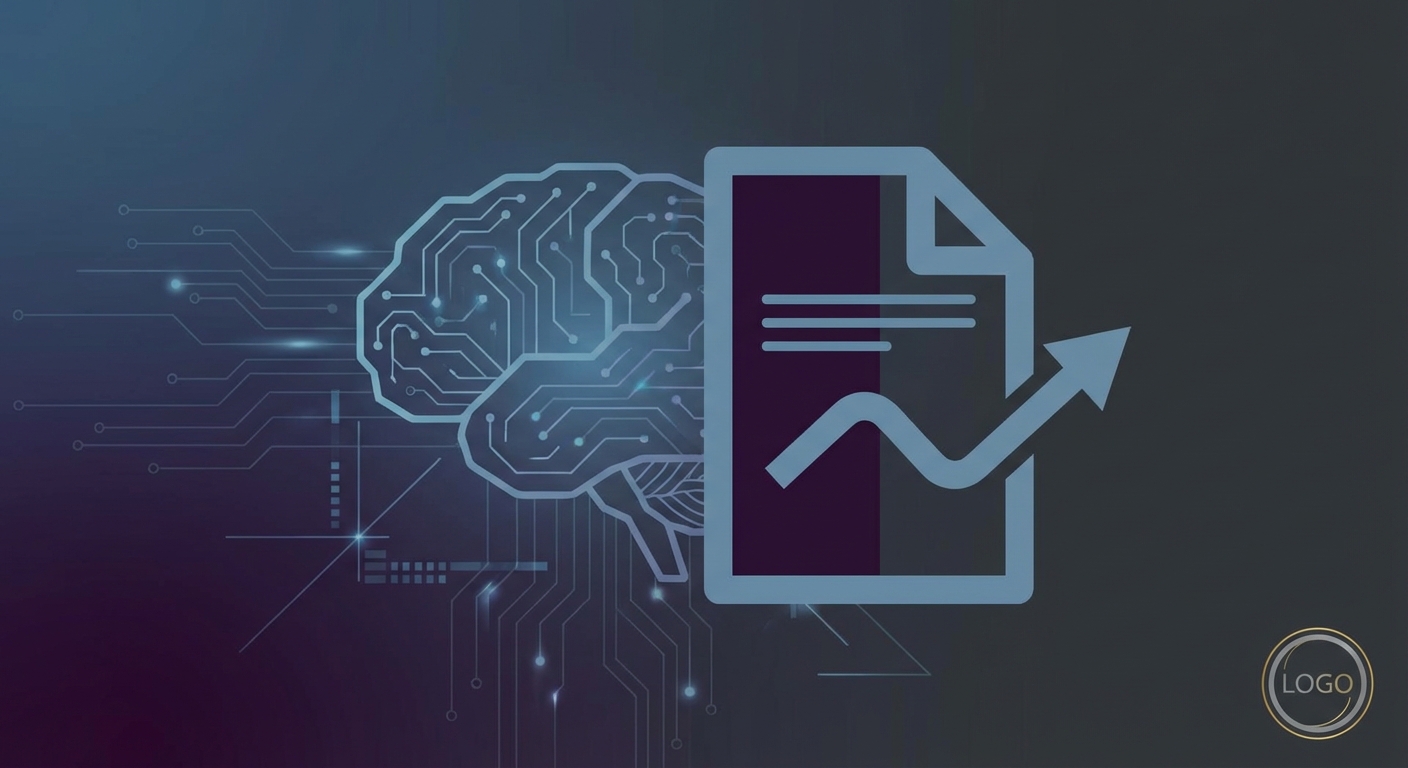How AI Changed Job Searching (For the Better)
Job searching used to mean spending your evenings and weekends filling out endless forms, writing custom cover letters, and refreshing job boards hoping you didn't miss something. It was slow, exhausting, and you were always wondering if you were doing enough.
AI flipped that. It made job searching faster, more efficient, and actually manageable. Here's what changed.
The Old Way Was Too Slow
Manual job searching couldn't keep pace with how fast jobs actually get filled. By the time you found a posting, crafted the perfect application, and hit submit, there were already 200 people ahead of you.
The math was brutal: apply to 50-100 positions to get one interview. At 3-4 hours per application? That's months of work. Every application needed a tailored cover letter, an optimized resume, company research. You physically couldn't do everything that mattered.
The pace of the job market didn't match what you could humanly accomplish. You were always behind, always choosing between doing things well or doing enough things. It wasn't a strategy problem. It was a capacity problem.
AI Accelerates Everything
AI speeds up the parts of job searching that used to eat all your time.
Writing is the most obvious one. Cover letters that took an hour now take minutes. AI drafts them based on your experience and the role. You edit, personalize, and send. Same for resume bullets – you provide the facts, AI helps phrase them better.
Job discovery got faster. Instead of manually checking hundreds of company websites, AI tools scan for new postings and surface matches. Application submission became automatic too. Platforms like JobCopilot use job apply APIs to handle form-filling across company career pages while you focus on networking.
Even interview practice improved. AI tools let you rehearse answers and get feedback on your schedule. The time you save compounds. Faster applications mean more volume. More volume means more interviews.
AI Multiplies Your Chances
The job search is a numbers game. You need 50-100 applications to land one interview. That's not pessimism – that's reality.
Manual job searching means maybe 5-10 quality applications per week. That's months to hit realistic numbers. AI-assisted job searching means 20-50+ applications per week. You're not sacrificing quality – you're just not spending four hours per application anymore.
More applications means:
More interviews to practice and improve
More offers to compare and negotiate
Less stress from betting everything on three applications
Shorter gaps between jobs
This isn't about sending generic resumes. AI helps you maintain quality while increasing volume. You're still choosing where to apply and customizing your approach. You're just doing it at a pace that matches how fast the market moves.
But Is It Ethical?
"Isn't using AI to apply for jobs... cheating?"
No. AI isn't lying for you or inventing credentials. When you use it to write a cover letter, you provide the substance. The AI handles structure and phrasing. That's assistance, not fabrication.
Here's the reality: employers already use AI to screen you. Their systems scan resumes for keywords and rank candidates before a human looks. You're being evaluated by algorithms. Using AI to improve your materials just levels the playing field.
You still make every strategic decision. Where to apply. What to emphasize. Which offers to accept. AI handles execution – the drafting, the form-filling, the searching. It's automation, like email scheduling or spell check. The ethics concern is outdated.
You're Still in Control
AI is a tool, not a replacement. You're not handing your career over to a robot.
You decide where to apply and how to position yourself. You review what AI writes and make it sound like you. You show up to interviews and have real conversations. The strategic decisions stay with you. AI just removes the bottlenecks.
Think of it like having an assistant. They draft emails, but you review them. They handle scheduling, but you decide who to meet. They do research, but you make the calls.
How much you use AI depends on your comfort level. Some people automate everything possible. Others use it selectively. Both work. The point isn't removing yourself from the process – it's removing the time-wasting parts that don't need your judgment.
The Job Search Has Changed
AI changed the speed and scale of job searching. What used to take months now takes weeks. What used to consume every evening is now manageable.
The job market moves fast. Jobs get posted and filled within days. AI helps you keep up instead of constantly playing catch-up. The people landing jobs faster aren't waiting for permission – they're using tools that work.




